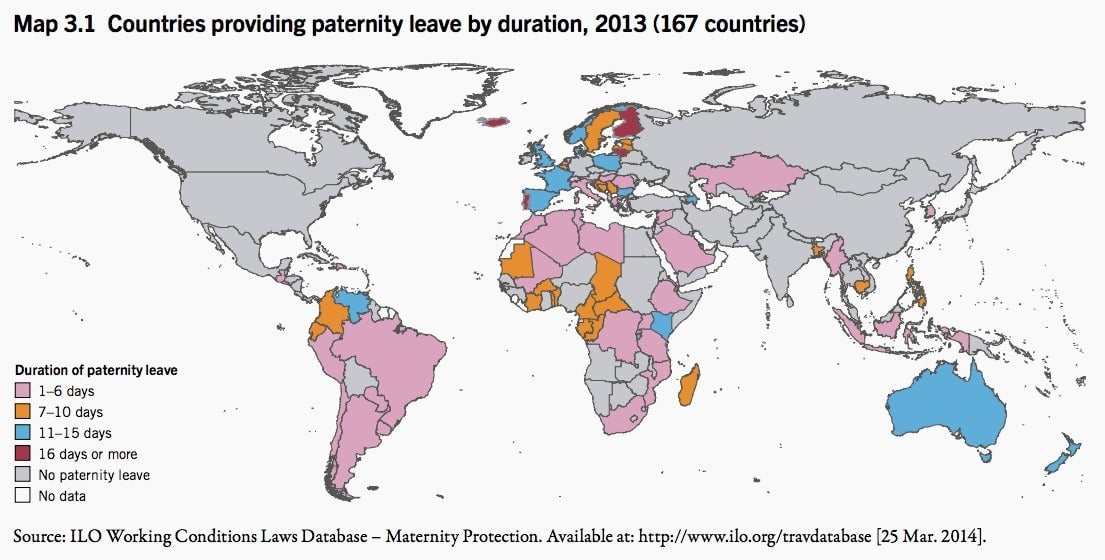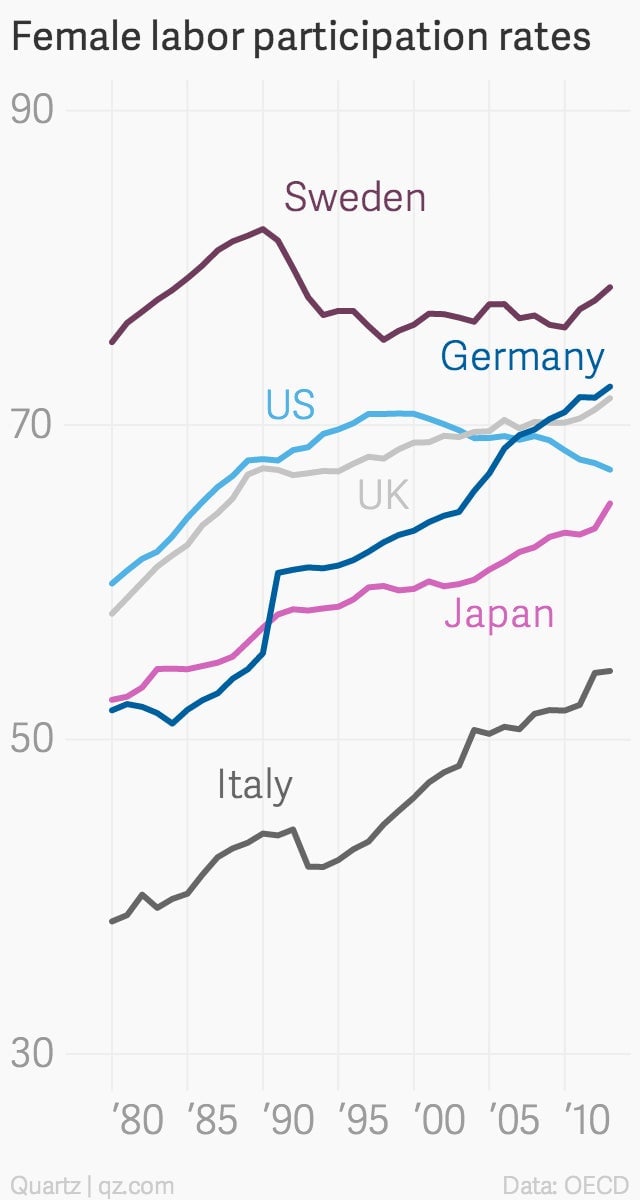Richard Branson just gave the paternity leave cause a major boost
Sir Richard Branson is making things a little less stressful for some of Virgin’s new parents. The billionaire investor and Virgin Group founder is granting a full year of 100% paid parental leave to the 140 employees working in London and Geneva for Virgin Management, the conglomerate’s investment and licensing arm (provided they’ve worked there for more than four years). And yes, that means dads are covered, too.


Sir Richard Branson is making things a little less stressful for some of Virgin’s new parents. The billionaire investor and Virgin Group founder is granting a full year of 100% paid parental leave to the 140 employees working in London and Geneva for Virgin Management, the conglomerate’s investment and licensing arm (provided they’ve worked there for more than four years). And yes, that means dads are covered, too.
Though Branson’s generosity only affects a tiny fraction of Virgin’s 50,000 global employees, it’s still a bold step forward on reforming parental leave policies. Essentially, it lets couples decide how to divide up time off work for childrearing.
This isn’t just humane—on a larger scale, policies like those at Virgin Management could help make economies more vital, as we explained last year.

In most countries (pdf, p. 53, and map above), governments protect only women’s rights to paid time off work to care for a newborn (or a newly adopted child). That means new fathers wishing to take leave from work risk suffering a loss of wages or even losing their jobs. Unsurprisingly, most couples opt for the mother to stay at home.
By protecting women, government policies essentially foist childrearing duties wholly on women—making them much more likely to exit the workforce. That in turn encourages companies to favor hiring and promoting men, entrenching gender wage gaps and discouraging women from returning to work all the more. Ultimately, this loss of productive workers makes it harder for economies to grow.

In the last few decades, Sweden and a slew of other European countries have begun letting couples choose how to divvy up childcare, without having to worry about minimizing wage losses or risk losing their jobs.
The UK, as it happens, just joined their ranks. The CEO of Virgin Management, Josh Bayliss, said the new policy was inspired by the UK’s new shared parental leave, which came into force in April 2015.
In the past, the UK only let mothers take paid leave from work after giving birth or adopting. The new policy extends parental leave protections to new fathers too, granting new parents the shared right to 50 weeks of leave from work—37 of which is paid. Couples divide up the time as it suits. In theory—despite some complicated caveats—the plan gives new mothers the chance to return to work earlier than they otherwise might.